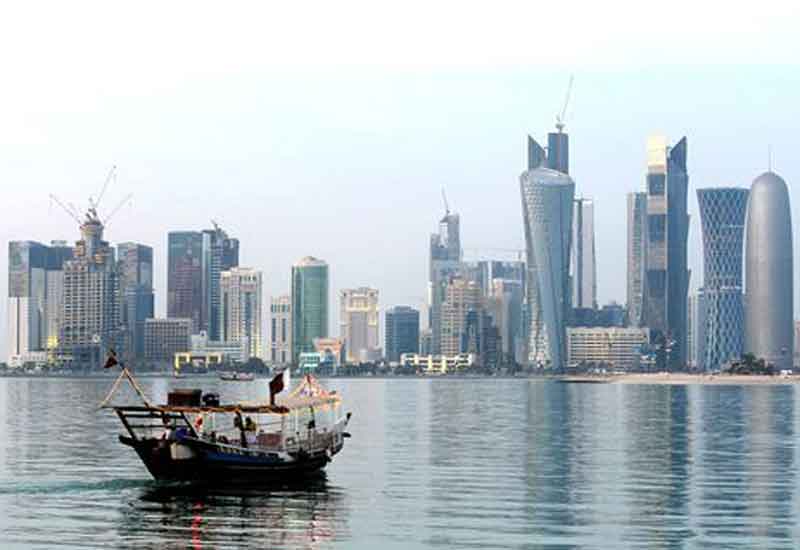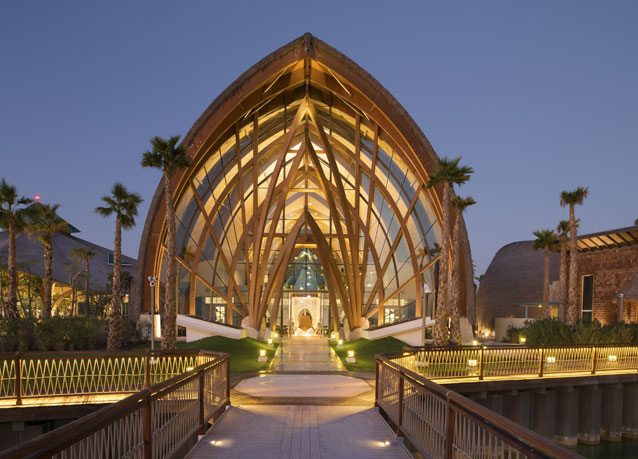 Doha is beginning to attract more leisure visitors, although hoteliers say more attractions are needed.
Doha is beginning to attract more leisure visitors, although hoteliers say more attractions are needed.
Hewett points out that hotels were helped by the QTA’s focus on positioning Doha as a transit destination, on the back of the expansion of Qatar Airways’ network. [See box on p22 for more on QTA’s efforts].
“This has allowed the country to draw in a greater proportion of stopover transit passengers for one to two days, which has helped diversify the market away from being a corporate orientation destination,” he explains.
Meanwhile, McShane agrees with Franzen on the point of one-off events having a big impact on KPIs, and he sees that trend showing no signs of abating.

| Advertisement |
“Doha occupancy continues to be impacted by macro and micro economic factors that are in constant flux,” he adds. “Spikes in demand are normal and we expect to see more as the country’s infrastructure ramps up towards 2022.”
As ever with any event focusing on Qatar, that particular year, 2022, is bound to be another hot topic for discussion, with the FIFA World Cup set to attract visitors from across the globe.
A report by Samba Financial Group last year identified the risk of overcapacity in the market, citing problems faced by South Africa, host of the 2010 World Cup, with oversupply particularly in the luxury hotels segment.
While McShane believes it will only be possible to judge whether this is the case once 2022 comes around, Hewett can understand some of the anxieties being raised by various groups.
“There is a definite concern about a potential oversupply post-FIFA World Cup and the level of supply that will remain once the demand subsides. Hoteliers and developers are adopting a courteous approach, and ensuring that extensive market research is conducted before implementing new hotel developments,” he states.
Franzen dismisses any worries that hotels will be built purely for the 2022 World Cup or 2019 World Athletics Championships.
“The city and country do so much more even today to make this a successful business venture for hotel operators and hotel owners,” he insists.
“Look at Doha’s events calendar with so many high profile events returning each year. For example tennis tournaments, Qatar Golf Masters, Moto GP, Motor Show, Jewellery and Watches Exhibition, to name just a few.
“In addition there are many ‘one-off’ events like [January’s] Handball World-Cup being hosted in the country.” He also compares the current situation in Qatar to that seen in Dubai at the beginning of the last decade, with hotels having to allocate marketing spend not just for the properties themselves, but also for the destination.
One advantage of such aforementioned events is that they are forcing Qatar to up its game in terms of infrastructure, and hoteliers appear to be pragmatic about the short-term inconveniences posed by projects such as the Doha Metro.
“No one can really ‘combat’ its effects as it impacts everyone,” says McShane. “The end result will be a metro second to none however. We are looking forward to beating the traffic!”
One area where hoteliers would most certainly welcome construction is in the entertainment and leisure sphere, with the destination still having some way to go before catching up with the UAE.
“We need additional family entertainment venues,” says Franzen. “There are plenty of malls already open or under construction. We need more golf courses, more water parks, and more ‘fun destinations’ such as a movie-themed park or a theme park type venue to attract more guests.”
Among the other issues Franzen is looking to be addressed at the event are social media — he feels its potential is underrated by many hoteliers — and the outsourcing of F&B operations, which he feels creates issues and does not necessarily result in more profit.
Article continues on next page ...









 Search our database of more than 2,700 industry companies
Search our database of more than 2,700 industry companies









